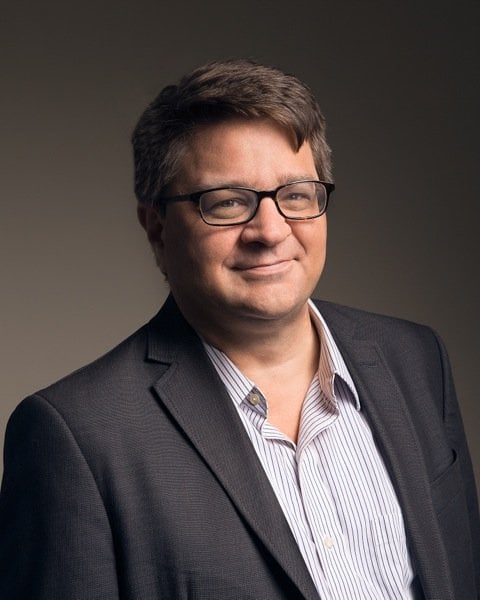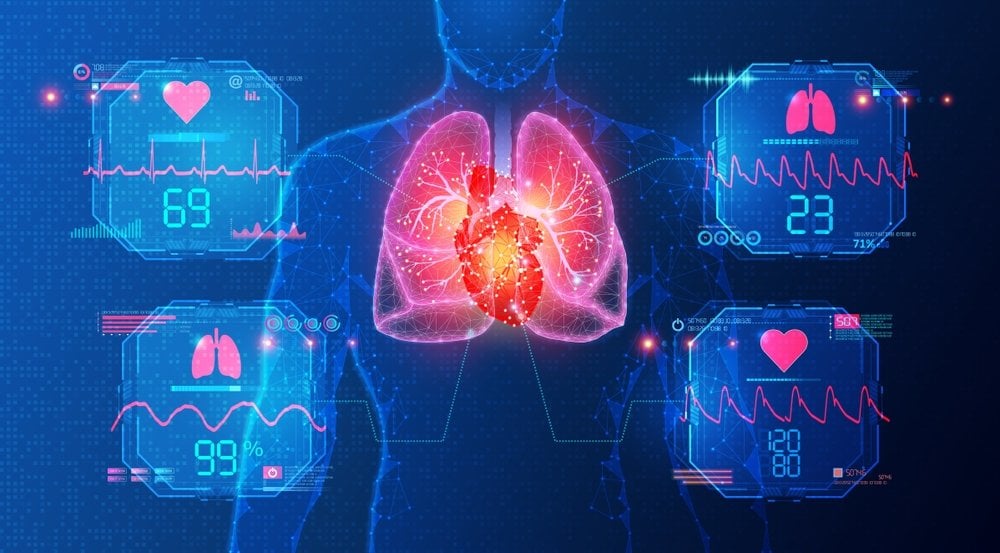In a candid keynote address to the W2O Digital Health Summit last week, Mastercard Chief Marketing and Communications Officer Raja Rajamannar attacked the “horrors” of the U.S. health care system, which he labeled “unparalleled in the world.” From a patient’s point of view, Rajamannar declared, the American system is “mind-befuddling,” asking rhetorically: “Why do you even call it a system?”
Fortunately, this sad state of affairs presents an opportunity. “The health care industry is at least a generation behind the payments industry,” he asserted, calling it “really ripe for disruption.”
Rajamannar said that he understood many people are surprised to hear that Mastercard is involved in health care, in part because the company is perceived as a credit card provider. In fact, he argued, Mastercard is better thought of as a technology company that connects billions of people worldwide by quickly processing payments. As such, it is well-suited to offer solutions for many of the pain points in the American health care system.

After all, at the heart of the American health care system are a series of transactions, many of which would not make sense in other commercial contexts. For example, when a patient checks into a hospital for a surgical procedure, he or she typically signs a document stipulating that any costs not covered by the patient’s health insurance become the patient’s responsibility. Rajamannar recounted a conversation from his own experience: “Do I know how much I’m on the hook for? ‘No, because we don’t know what we’re going to find once we go inside your body’.”
Such arrangements are a bad deal on both sides. They routinely lead to patients owing thousands or tens of thousands of dollars for costs that are often poorly explained or understood. And on the provider’s side, sticking costs on people who can’t afford to pay them results in a large number of defaults. Indeed, Rajamannar asserted that at the average hospital, 40 percent of billings end up as bad debt. (Some studies have shown the percentage to be even higher, for those with bills more than $500.) In the credit card industry, he said, if even six percent of debt wasn’t paid, “you freak out, it’s unacceptable.”
In addition, as any medical consumer can attest, the paperwork and data collection processes in the American health care system can be both inefficient and dangerous. Not only are patients asked to fill out endless forms repeating the same information, but it’s also far from clear that doctors and hospitals are the best stewards of this highly sensitive information. According to Rajamannar, one-third of all major data breaches in the United States happen from the health care system. This, too, represents an opportunity that Mastercard and others are hoping to tap. “The power of data has not been realized yet in the health care industry,” Rajamannar said.

Another major problem in American health care is waste, fraud and abuse. Depending on the definition of waste, it is estimated that as much as $1 trillion in U.S. health care spending is wasted (whether through administrative complexity, failure of care delivery, or fraud). Rajamannar noted that Mastercard has made a number of acquisitions in recent years that give it an edge in the world of financing health care. One company is Brighterion, an artificial intelligence firm Mastercard bought in 2017. Brighterion is used by most major banks to capture patterns of fraud, and this technology can be applied to the health care industry as well. Insurers, for example, are able to detect fraudulent claims before paying them, an obvious advantage over trying to retrieve payments after they’ve been received.
In general, Rajamannar encouraged the U.S. health care system at this critical time to experiment with partnerships outside its own industry, from Silicon Valley startups to experts in payments and logistics. Because of COVID, he said, “Consumer interest in this space is extremely high.”

















